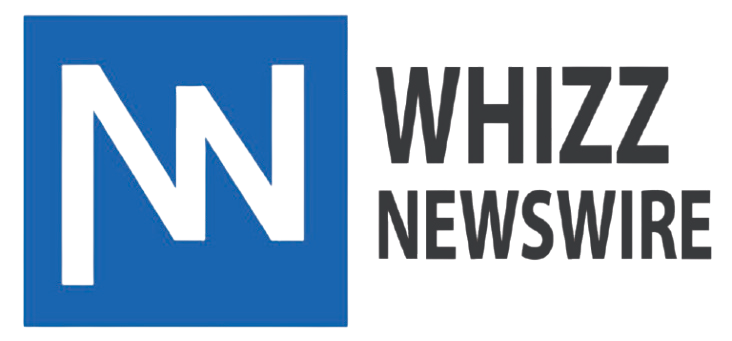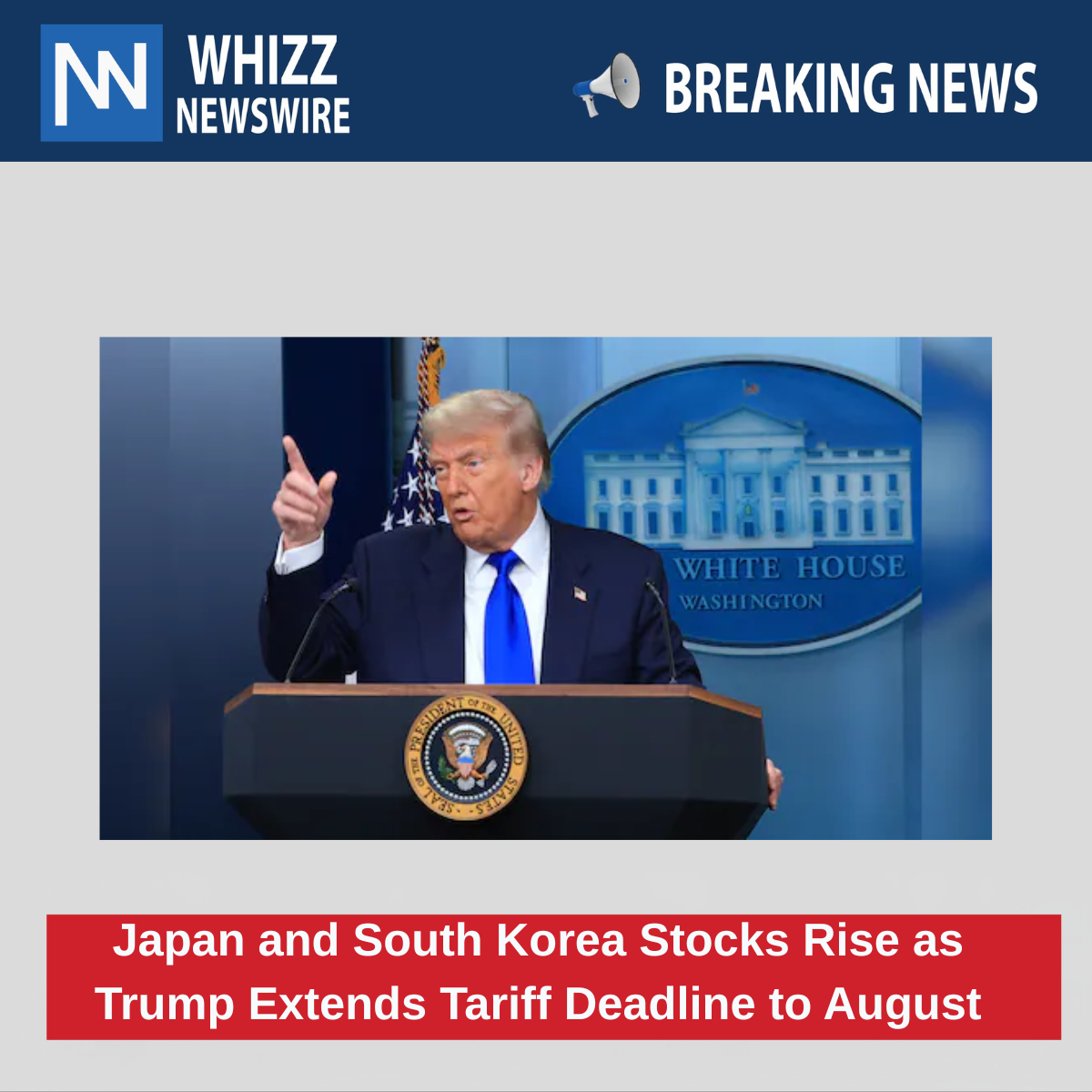Stock Markets React Positively to Delayed Tariff Threat
Stock markets in Japan and South Korea gained on Tuesday after U.S. President Donald Trump extended the deadline for imposing new tariffs on both countries, offering investors a temporary sense of relief amid ongoing trade tensions.
The Nikkei 225 rose 0.3%, while the Topix index closed 0.2% higher in Tokyo. Meanwhile, South Korea’s Kospi index jumped 1.8%, its best performance in two weeks.
Trump had previously threatened to introduce a 25% tariff on imports from Japan and South Korea beginning August 1, pushing back the original July 9 deadline. Despite the aggressive rhetoric, investors appeared encouraged by the extra time to negotiate trade agreements.
“The 25% tariff level is definitely high, but there’s still optimism that Japan can reach a deal with the U.S. now that the deadline has been extended,” said Yusuke Sakai, senior trader at T&D Asset Management.
Market Sentiment Improves Despite Uncertainty
While Trump’s tariff threats have unsettled global markets in recent months, the latest extension is seen as a sign that Washington may be open to further negotiations. Economists now believe there is a renewed chance for Japan and South Korea to reach trade agreements that could prevent major economic disruptions.
“We now see a ‘July deal’ back on the table for South Korea,” said Kathleen Oh, economist at Morgan Stanley, in a client note.
Investors are betting that the worst-case scenarios may be avoided and that both Tokyo and Seoul can strike compromises with the U.S. without significant damage to economic growth.
Relief Over Tariff Adjustment and Sector Gains
Last week, Trump floated a possible 35% levy on Japanese goods, so the revised 25% threat is viewed by some analysts as a relatively positive outcome.
“The market reaction would have been much more negative if the tariff had been set at 30% or higher,” noted Masayuki Doshida, senior market analyst at Rakuten Securities. “But 25% is close to the original 24% announced in April.”
Key tech names like Furukawa Electric Co. and Rohm Co. led the gains on the Nikkei, while in Korea, investor sentiment held steady even after Samsung Electronics Co. reported weaker-than-expected preliminary earnings.
Tech and AI Stocks Lead the Rally
Despite lingering uncertainty over U.S. trade policies, investors continue to favor growth-oriented sectors, especially technology and artificial intelligence.
“Sectors with long-term growth potential, such as tech and AI, will remain attractive regardless of tariff noise,” said Doshida.
Currency movements also played a role in supporting export-heavy industries. The yen weakened by up to 0.3%, offering a boost to Japanese automakers, while the Korean won recovered much of its recent overnight losses.
Long-Term Concerns Remain
While the short-term delay has lifted stocks, analysts warn that broader concerns about U.S. trade policy remain unresolved.
“Markets have basically forgotten the fear from April,” said Phillip Wool, head of portfolio management at Rayliant Global Advisors. “But nothing about the Trump administration’s trade stance has been fixed—the pain has just been postponed.”
He added that the uncertainty makes U.S., Japanese, and Korean markets vulnerable to future volatility if negotiations stall again or tariffs are suddenly enforced.
Relief Now, Risks Ahead
The deadline extension by President Trump has sparked a short-term rally in Japanese and Korean equities, particularly in technology sectors. However, with no final trade deal in place, the possibility of renewed volatility continues to hang over the markets.
For now, investors are cautiously optimistic—but the road ahead remains uncertain.
For similar content visit here




